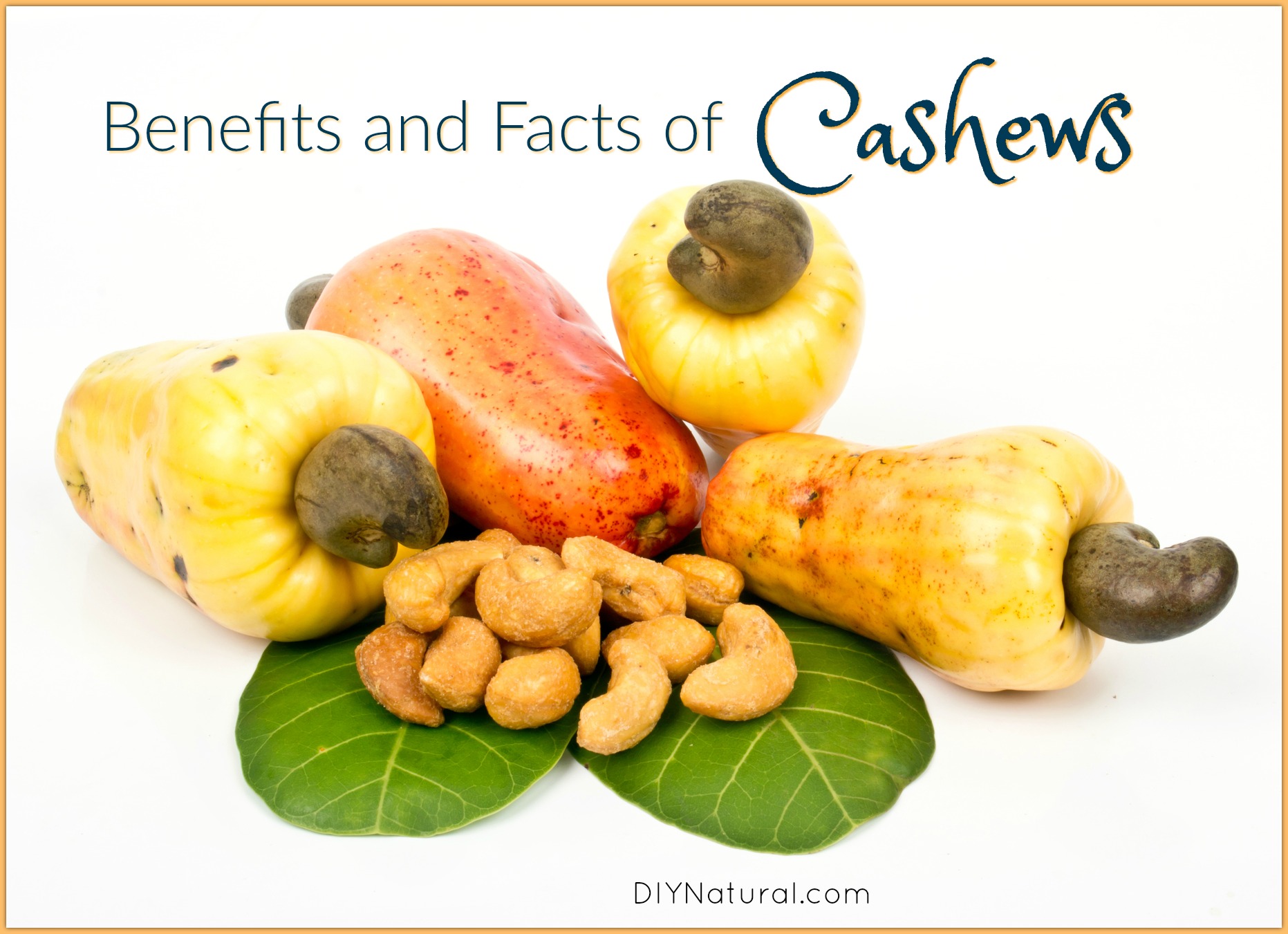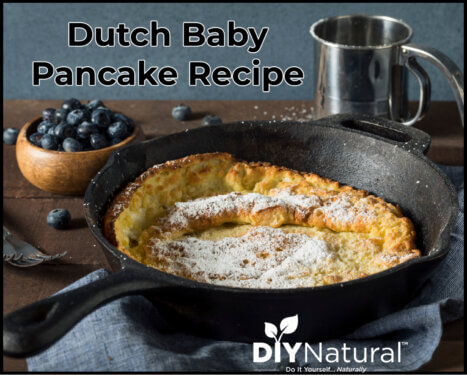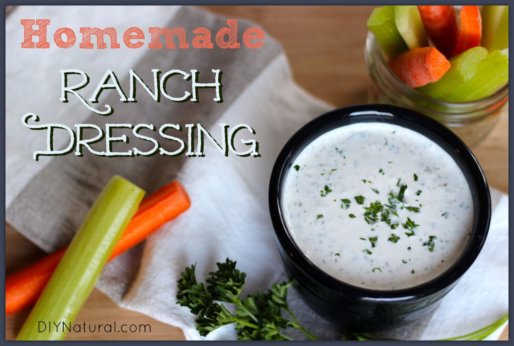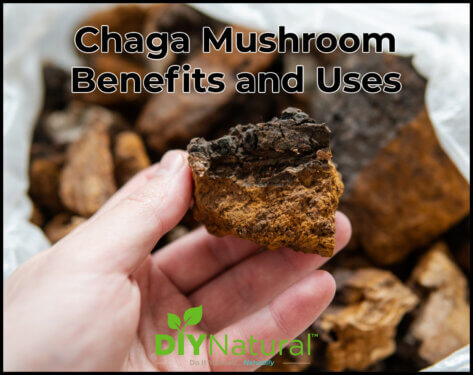
Benefits of Cashews and A Few Fun Facts
You may think you know the cashew (Anacardium occidentale). It’s just a half-moon shaped nut, right? But have you ever really looked into the plant that provides us with this little treat?
Cashews: Nuts or Not?
Of the common snacks we call “nuts” only the hazelnut qualifies as a true nut. All the rest are actually seeds. Nuts are developed on a plant after fertilization and they simply mature and harden as they get older. An acorn is a nut that we rarely use today, but it develops in the same way as the hazelnut.
The other things we tend to call nuts develop inside a fleshy fruit that must be dried and removed, or peeled away. Think about the walnut; when it first drops from the tree it is covered in that fleshy green coat that rots and stains the driveway. Inside is the wrinkled kernel that we must crack to get at the seed for eating.
So, the cashew is not a nut, but rather a seed. It is a bit different than our other snacking seeds in the way that the fruit develops and this is what I find really fascinating. With the almond and the walnut, we don’t eat the fruit that surrounds our prize. In the case of the almond, that is very interesting because it is actually in the peach family. You can easily see the resemblance between an un-cracked almond and a peach pit. While the peach flesh is delicious, the almond flesh is sadly full of cyanide.
Is it Poisonous?
The cashew is a member of the Anacardiaceae family. This is the same family that contains poison ivy. So here we have a tree that is related to plants we call “poison” in contrast to the peach family which contains a lot of cyanide in its structures, but we happily eat. That said, all members of the Anacardiaceae family contain urushiol, the irritating oil that causes the familiar rash. In the case of cashews, what we consume has been prepared in such a way as to reduce the exposure. Those who are extremely sensitive may still have problems with fruits and “nuts” such as pistachio and mango.
Benefits of Cashews
Cashews are high in monounsaturated fats—similar to olive oil—which is great for heart health. Cashews are also powerful antioxidants which is great for bones, blood vessels, and connective tissue. (DIY Natural recommends and uses this source for organic cashews.)
The cashew is actually a seed that hangs exposed from the tree, just below a yellow fruit that is high in Vitamin C called a cashew apple. The cashew apple is not only edible, but it sees quite a lot of use in commerce in the countries where the cashew tree grows easily. The tree is native to South and Central America as well as the Caribbean islands. It has been introduced to India and Africa as well. Here in its native and introduced lands, the cashew apple is found at street markets. It is sweet and slightly astringent and is reminiscent of its cousin the mango. Because the fruit is not very shelf-stable we just don’t see it in the grocery store here in the United States, but where it grows you will see it dried, made into juice, used as a popular flavoring, and fermented into alcohol.
It’s sad to think that we in the temperate world miss out on the main attraction of the cashew tree, though the cashew itself is not such a bad consolation prize. If you are truly curious though, you can find cashew apple juice from Brazil here!
*******



